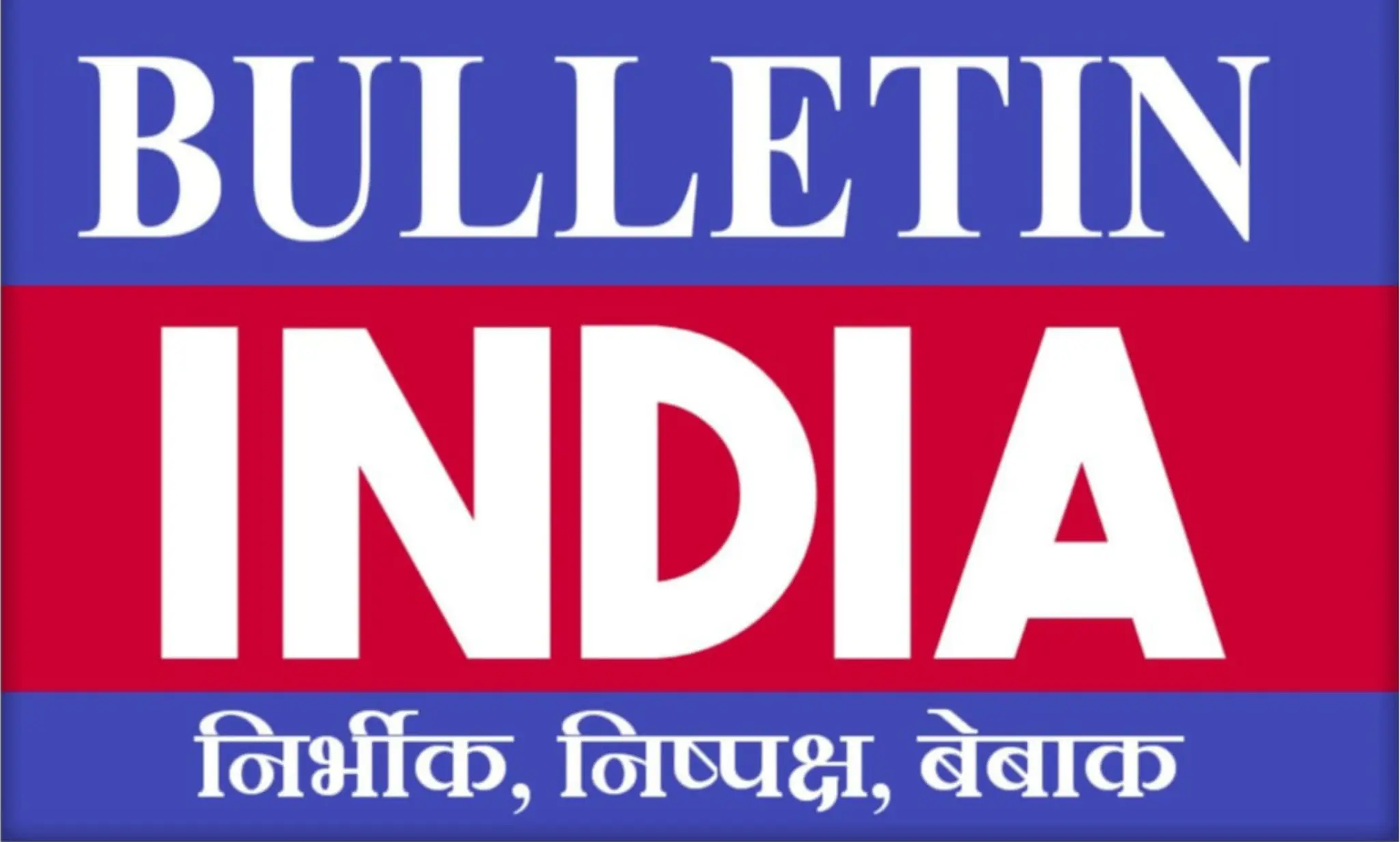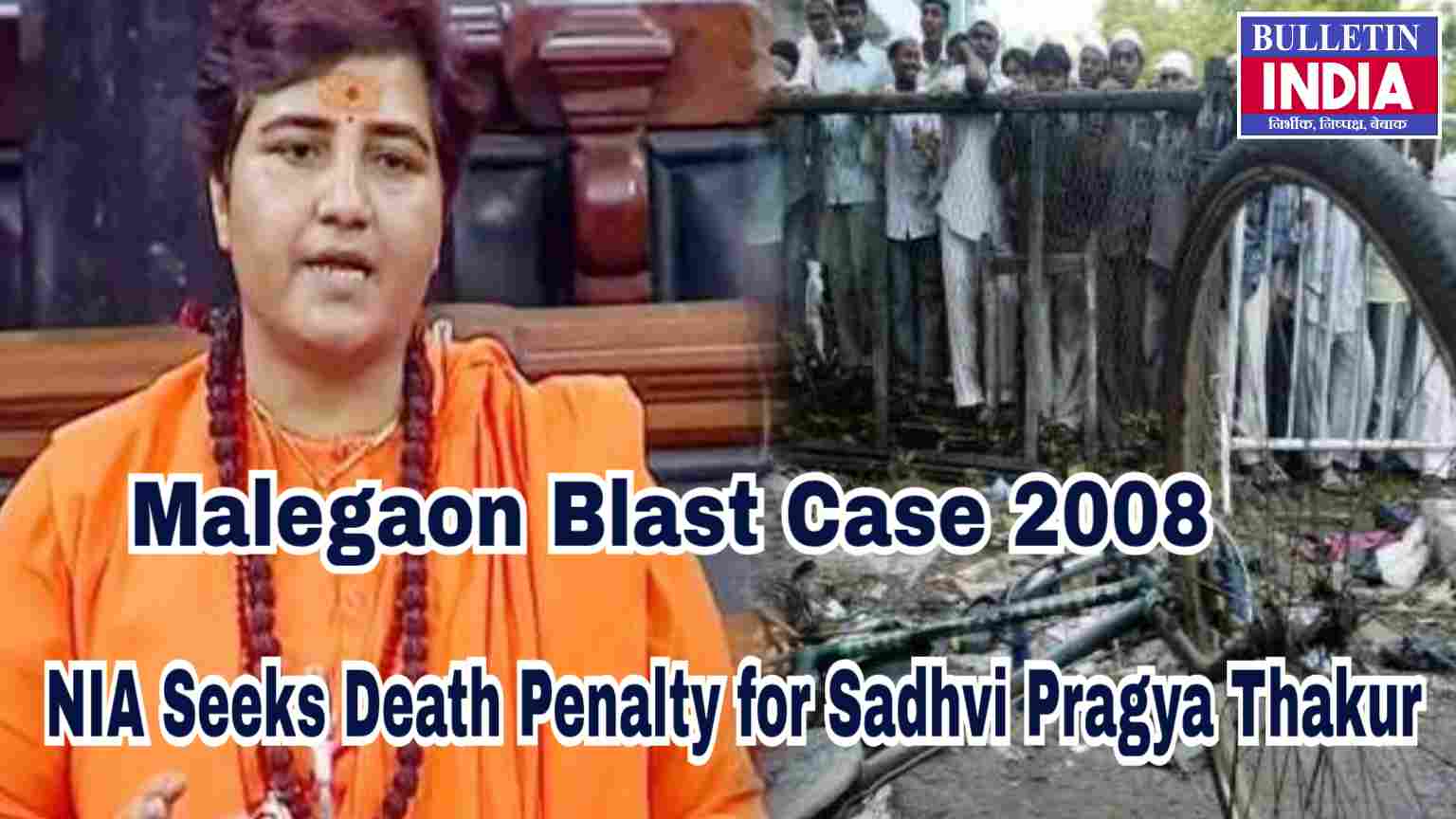Bulletin India, Desk.
Mumbai : The National Investigation Agency (NIA) has sought the death penalty for all seven accused, including Bharatiya Janata Party (BJP) leader and former MP Sadhvi Pragya Singh Thakur, in the 2008 Malegaon bomb blast case. In its final written submission to the special NIA court in Mumbai on Saturday, the agency cited Section 16 of the Unlawful Activities (Prevention) Act (UAPA), which allows for capital punishment in cases of terrorist acts resulting in death.
The case, which has been ongoing for 17 years, pertains to the September 2008 explosion in Malegaon, Maharashtra, which killed six Muslims and injured over 100 others. The NIA’s final arguments, running over 1,500 pages, were submitted after the conclusion of court hearings. Special Judge A. K. Lahoti has reserved the verdict and is expected to pronounce the judgment on May 8.
The accused—Sadhvi Pragya, Lt. Col. Prasad Purohit, Major Ramesh Upadhyay, Ajay Rahirkar, Sameer Kulkarni, Swami Dayanand Pandey, and Sudhakar Chaturvedi—have been charged with conspiracy and execution of the blast as part of a larger plot driven by Hindutva ideology.
The agency’s latest stance marks a significant shift from its earlier efforts to exonerate Thakur, previously citing a lack of conclusive evidence. However, in its current submission, the NIA has urged the court not to show any leniency, noting that 32 out of the 323 witnesses had allegedly turned hostile under duress.
Shahid Nadeem, a lawyer from the legal cell of Jamiat Ulema Maharashtra, stated, “The agency has invoked Section 16 of the UAPA, which calls for the harshest punishment if terrorist acts result in death.” Senior advocate Sharif Shaikh also emphasized the gravity of the evidence against Sadhvi Pragya, noting her participation in conspiracy meetings and the use of her LML Freedom motorcycle in planting the bomb.

The Malegaon blast is considered one of the first terror incidents in India where right-wing Hindu groups were named as suspects. Initial investigations by the Maharashtra Anti-Terrorism Squad (ATS) had identified Thakur as a prime suspect, but the NIA’s earlier reluctance to interrogate her drew public scrutiny.
In its latest submission, the NIA contended that the witnesses who later retracted their statements should not be deemed credible and that their reversals should not benefit the accused.

